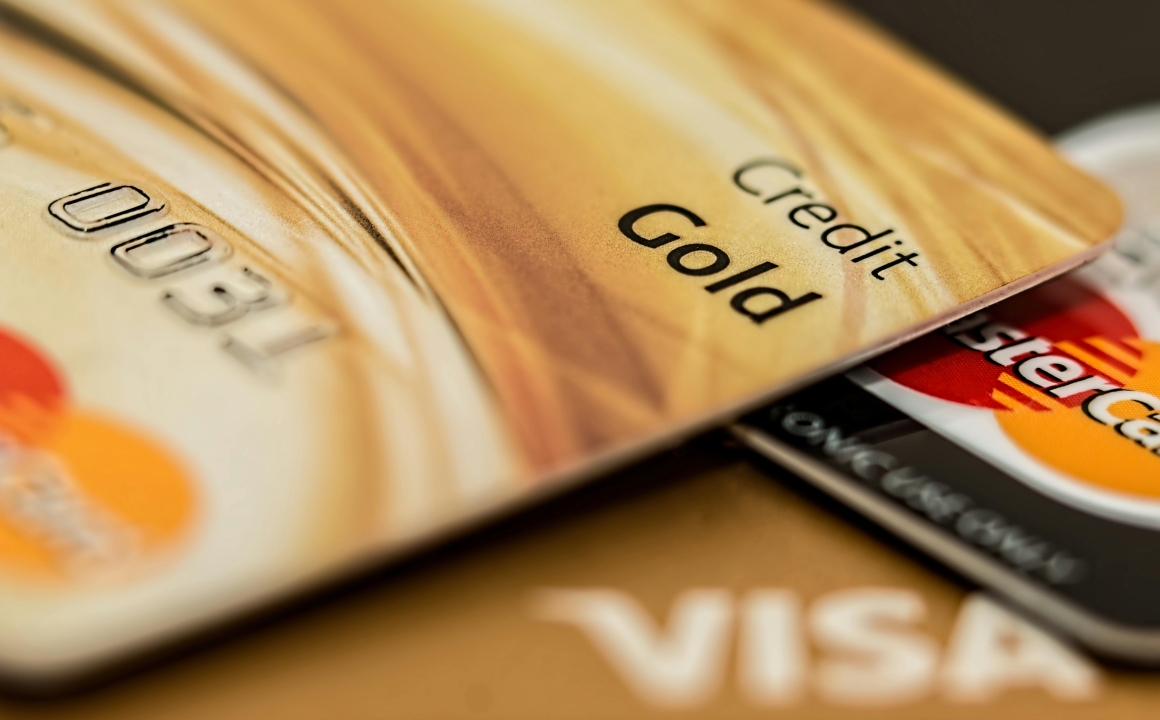How to Choose the Right Credit Card — From a Finance Professor (and Dad)

Holy Family University professor
Business, School of Business & Technology
The Bold Idea:
Credit cards are important for building a solid credit history — but start small and wait for the right moment to invest in a rewards card.

I have two daughters, now 22 and 26 years old, and they’ve been inundated with credit card offers through direct mail over the last few years. As our kitchen table filled up with unopened envelopes, I started opening them myself. I found the offers and incentives interesting — and started thinking more deeply about how to choose the right credit card for different types of consumers.
Recently, I was invited to evaluate the Southwest Airlines’ Business credit card by WalletHub. That evaluation inspired me to write this post — to offer a simple way anyone can assess whether a credit card offer is right for them.
3 Key Factors to Consider
When I analyzed the Southwest Business Credit Card, I focused on three essential elements:
- Point value and earning potential: How much are points actually worth in dollars, and how quickly do cardholders accumulate them through spending?
- Cardholder benefits vs. annual fees: Do benefits like free flights, early boarding, or anniversary points, outweigh the annual cost of the card?
- Fit for Intended User: Does the card reward the way you spend, travel, and conduct business?
Is the Southwest Business Credit Card Right for You?
Based on my analysis, this card is a great fit for:
- Business owners who can earn points on operational expenditures
- Frequent domestic travelers who regularly fly Southwest at least 2-3 times per year
- Travelers who appreciate perks like free checked bags and no fees for changing flights
- Those who would benefit from earning a Companion Pass
If someone doesn’t fit one of these profiles, the annual fee — ranging from $99 to $199 — may not be worth it. But for the right person, those anniversary points alone (often 6,000 or more) can go a long way toward offsetting the cost.
Consumers can benefit from doing this kind of analysis before applying for a credit card. It doesn’t take much time to gather the key details and weigh how the card’s features align with your needs. There are plenty of online tools to help — WalletHub, for example, offers a particularly useful comparison resource.
How to Evaluate a Credit Card Offer: 5 Questions to Ask
Even if you aren’t a business traveler, consumers (including students) should ask these useful questions when evaluating credit card offers:
- What is the real value of a sign-up bonus? How much is it worth in “real” dollars and what is the required minimum spending to earn it? How likely is it that you will be disciplined enough to devote all of your spending activity to the card to earn the bonus?
- How flexible are the redemption terms? Can you use points for cash back, flights, or hotels? Are there blackout dates when benefits cannot be redeemed? Do these black-out periods conflict with your schedule?
- Do credit card perks match your lifestyle? For instance, a card with free TSA PreCheck is only useful if you fly regularly. Dining points only help if you eat out often.
- What are the hidden fees? These include annual fees, late fees, redemption fees, and foreign transaction fees that could be hidden in the fine print.
- Are you falling for the brand name? A card from a budget airline like Southwest may offer more practical value than flashier cards, depending on how you travel.
Credit Card Tips for Students and First-Time Cardholders
I have learned a couple of things that apply mostly to college students just starting out on their credit journey. Here are a few pointers to keep in mind:
- Start small. Consider a student credit card or secured card to begin building your credit history.
- Wait for the right moment. Use travel or reward cards once you have a steady income and solid spending habits.
- Don’t overspend. Credit card rewards aren’t worth going into debt. Spend within your means and pay your balance in full each month.
Why Credit Cards Matter — A Real-World Example
Credit cards, when used responsibly, can help you build a solid credit history — which can make all the difference when it comes time to buy a car or a home. They can also be life savers when you have an emergency situation.
In fact, my oldest daughter recently had one of those moments. She was on a business trip to St. Louis, and when she arrived at the hotel, she was told that the credit card used to hold the room was not authorized to pay for the four nights. It was a Sunday afternoon and she had no way of contacting anyone at her employer’s office. She had to use her personal credit card to pay for the room. Of course, she was reimbursed for the expense after she submitted her expense report. She paid off the balance once her expenses were approved. However, she would not have been able to secure the room without her own card!
That’s the kind of moment when a credit card isn’t just convenient — it’s essential.
Financial Lessons You Can Learn with an MBA at Holy Family University
At Holy Family University, we teach that a Master of Business Administration isn't just about advancing your career - it's about mastering how money works in both business and everyday life.
One of the most valuable lessons students take away? Financial literacy is essential, not optional. Through case studies and hands-on learning, students gain real-world skills - from choosing the right credit card to making sound investment choices - that build both careers and financial independence.
